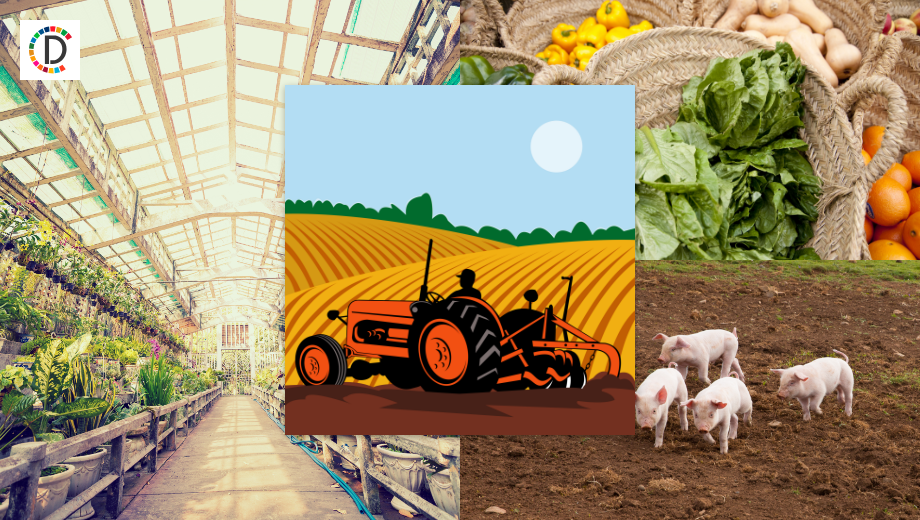REFILE-UN agency raises just 20% of needed southern Africa drought aid in tough funding environment
The U.N. World Food Programme has faced challenges in raising $400 million for its southern Africa drought response, collecting just one-fifth of what it needs to help seven countries in the region, a WFP spokesperson said on Tuesday.

The U.N. World Food Programme has faced challenges in raising $400 million for its southern Africa drought response, collecting just one-fifth of what it needs to help seven countries in the region, a WFP spokesperson said on Tuesday. The funding environment had become increasingly difficult as drought has dramatically raised the region's food needs, Thomson Phiri told Reuters.
Southern Africa is experiencing its worst drought in decades, forcing Zambia, Malawi and Zimbabwe to declare states of disaster. The drought was a result of the El Niño climate phenomenon, which can change world weather patterns, bring extreme seasonal temperatures, rainfall or dry spells and hurt crop yields. About 70% of the Southern African population that relies on rain-fed agriculture had their harvests "wiped out" by lack of rains, Phiri told Reuters in May.
The WFP aims to use the proceeds raised so far to feed 5.9 million out of 27 million in the region who are food-insecure until the next harvest season in 2025, and had started sourcing white grain from Tanzania, South Africa and Latin America to feed regional communities. Despite notable donor support, current food needs were "exceptionally high and outpacing available resources," during a historical drought, Phiri said.
Some donors have had to trim their aid budgets and "people in places such as southern Africa are now facing a double whammy where they are reeling both from the historic drought and severe funding cuts," he said. The UN's climate crisis coordinator for the El Niño response, Reena Ghelani, called for urgent action.
"We are very worried," Ghelani told Reuters last week. "In fact we are seeing a sharp increase in the number of people going hungry." Ghelani warned of a prolonged dry spell and frequent droughts across the region in coming years as a result of climate change.
(This story has not been edited by Devdiscourse staff and is auto-generated from a syndicated feed.)










